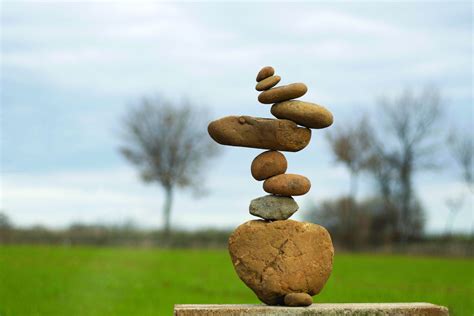Conflict is an unavoidable part of any close relationship. While it can be uncomfortable, it also presents a powerful opportunity for growth and deeper connection. For men, learning to navigate disagreements constructively is not just about avoiding arguments; it’s about actively strengthening the bond with their partner, demonstrating respect, and building a foundation of trust. This article explores key strategies for men to master conflict resolution, transforming potential ruptures into opportunities for profound intimacy.
Embracing Conflict as an Opportunity
Many men are conditioned to avoid conflict, seeing it as a sign of failure or a threat to harmony. However, healthy relationships don’t avoid conflict; they manage it effectively. Viewing disagreements as chances to understand each other better, clarify needs, and reinforce commitment can shift the entire dynamic. It requires a willingness to engage, even when it feels difficult, and a belief that the relationship can withstand and grow from challenges.
The first step is often a mindset shift: moving from a win-lose mentality to a collaborative problem-solving approach. This means recognizing that both partners are on the same team, working towards a shared goal of mutual understanding and satisfaction. It’s about ‘us against the problem,’ rather than ‘me against you.’ This foundation is crucial for any subsequent strategy to be effective.

Cultivating Active Listening and Empathy
One of the most powerful tools in conflict resolution is active listening. This goes beyond simply hearing words; it involves fully concentrating on your partner, understanding their perspective, and validating their feelings, even if you don’t agree with their viewpoint. Practice reflective listening by summarizing what you’ve heard (e.g., “So, what I’m hearing is that you feel frustrated because…”) to ensure accuracy and show you’re engaged.
Empathy is the bedrock of understanding. Try to put yourself in your partner’s shoes and genuinely understand the emotions behind their words. Ask clarifying questions like, “Can you tell me more about why that made you feel that way?” or “What do you need from me right now?” This approach communicates care and respect, de-escalating tension and creating a safe space for open dialogue. It’s not about agreeing, but about understanding and acknowledging their experience.

Mastering Mindful Communication
When expressing your own feelings, focus on ‘I’ statements rather than accusatory ‘you’ statements. Instead of saying, “You always make me feel ignored,” try, “I feel unheard when I’m trying to share something important to me.” This takes the blame out of the conversation and allows you to express your needs and feelings without putting your partner on the defensive.
Moreover, choose your timing and environment wisely. Avoid discussing major conflicts when either of you is tired, stressed, or in a public setting. Find a quiet, private moment when both of you can give the conversation your full attention. Agree on ground rules, such as no yelling, no name-calling, and taking breaks if emotions run too high. These boundaries help maintain respect and ensure productive dialogue.

Regulating Emotions and De-escalation Techniques
Conflicts can trigger strong emotions, and men are often socialized to suppress or externalize these feelings in unhelpful ways. Learning to identify and manage your emotional responses is crucial. If you feel yourself becoming overwhelmed, angry, or shut down, it’s okay to call a temporary ‘time-out.’ Agree to pause the discussion and revisit it later when both of you have had a chance to calm down. Use this time for self-soothing activities, like deep breathing, a short walk, or journaling.
Returning to the discussion with a calmer demeanor demonstrates maturity and commitment to resolution. It also models healthy emotional regulation for your partner. Avoid stonewalling (withdrawing completely) or defensiveness, as these behaviors only escalate conflict. Instead, commit to re-engaging once you are both in a better state to communicate constructively.

Building Bridges Through Compromise and Repair
Conflict resolution is rarely about one person winning. It’s about finding common ground and solutions that work for both partners. Be open to compromise and creative problem-solving. This might involve brainstorming several options, negotiating, or even agreeing to disagree on certain points while still moving forward. The goal is mutual satisfaction, not unilateral victory.
Finally, the ability to apologize sincerely and take responsibility for your part in the conflict is paramount. A genuine apology acknowledges hurt, expresses regret, and commits to doing better. It’s a powerful act of repair that can heal wounds and reinforce trust. After the conflict is resolved, take time to reconnect, reaffirm your love, and appreciate the effort both of you made to navigate the challenge together. This process strengthens the relationship’s resilience and deepens intimacy.

Conclusion
Mastering conflict resolution is an ongoing journey, not a destination. For men, it involves unlearning old patterns, embracing vulnerability, and actively practicing new communication skills. By approaching conflict with empathy, active listening, mindful communication, and a commitment to collaborative problem-solving, men can transform disagreements from sources of tension into opportunities for profound growth. This mastery not only strengthens partner bonds but also enriches personal development, leading to more fulfilling and resilient relationships built on a foundation of mutual respect and understanding.



